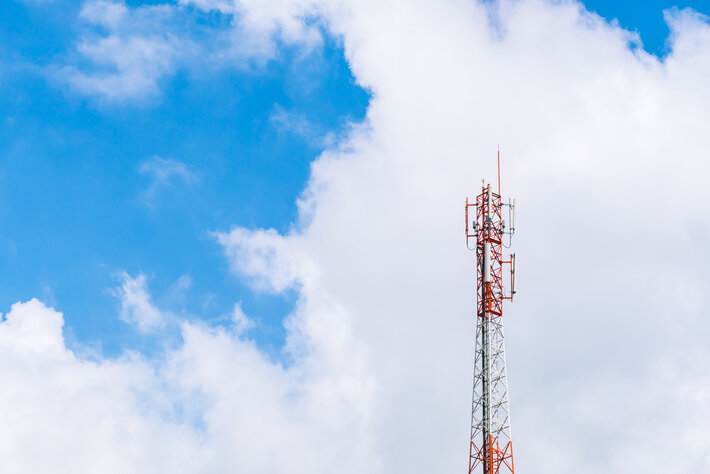It’s hardly news that the smartphone is set to become the remote controller for pretty much everything in our day to day lives… From mBanking to choosing a TV channel, it’ll turn on the lights in our home with just an app-tap; unlock and warm up our cars before we get into them and get the satnav ready to direct us to our destinations.
It’s hardly news that the smartphone is set to become the remote controller for pretty much everything in our day to day lives, writes Georgina Elrington (pictured). From mBanking to choosing a TV channel, it’ll turn on the lights in our home with just an app-tap; unlock and warm up our cars before we get into them and get the satnav ready to direct us to our destinations. The Smartphone will help us manage our money better; it’ll be our home security system, sending an SMS alert whenever unexpected movement is detected – probably asking if you want the local feds to go and check it out. Bank ATMs may become as intermittent as the iconic telephone box.
While they won’t disappear altogether, the smartphone will evolve to allow us to get all the information we need, generate transactions and check account funds in a few secure screen taps. Will the divide between banks and mobile accounts converge? Imagine operators as we know them getting us to pay our pay checks into our mobile accounts. It could mean juggling finances, such as paying your mortgage, from your phone each month.
Our phone-synced fridges will know what’s inside them, what’s almost out of date and once it’s alerted us on our phones, we’ll have the option to tap-add the item to be automatically added – or even ordered for us – via our online grocery shopping account. Energy meters will talk to the thermostats in homes and automatically convert to the most cost effective energy source; be it wind, solar, electricity, oil or gas; without us even knowing about it. Smartphones swiped over the energy meter could send the latest readings to a converged billing supplier. Better yet, readings will automatically be taken and beamed to the billing house without you having to lift a finger.
Choosing just one supplier could fade into a distant memory. Converged billing for pretty much everything could be sorted and handled at base without the customer needing to swear loyalty to just one entity. Would it be ‘pie in the sky’ to suggest that for suppliers, marketing to consumers could be eradicated; instead, delivery of the product or service could end up staying a battle of the brands process, without the need for customer ‘choice’. Competition amongst providers, answering pre-determined customer preferences, may simply become a war regarding delivery charges, environmental, carbon footprint, logistics and pricing as to which supplier gets the business. Good news for local businesses? Possibly, depending on the goods required. Customers could sit back with the knowledge that however their goods materialise, it’ll be the best deal, delivered in the fastest way with as little interaction as possible required. Brands could then enter a more vehement phase of attracting preference selection to those who select a standard… for example, the product with lowest carbon footprint for manufacture or delivery.
Grand designs indeed. The sky’s the limit. But as with anything evolutionary, regulations, standards and governance will play an increasingly major role as the communications world converges and M2M technologies positively collide.
Follow Georgina Elrington on Twitter: @GeorgeOSSBSS





